How Safe is Tap Water in Peru?
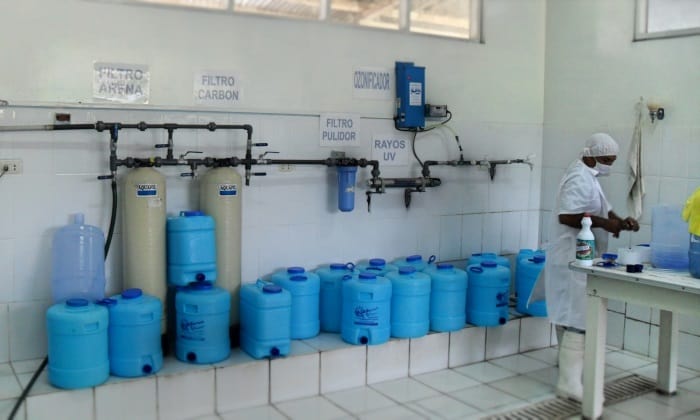
A water bottling plant in Tarapoto, Peru (photo © Tony Dunnell)
You shouldn’t drink the tap water in Peru. Parasites, amoebae and other unwitnessed wonders can lurk within, more than capable of causing serious infections or at least a few days spent in close proximity to a bathroom.
It’s up to you to decide how far you will go to avoid contact with tap water – some people obsess about it, while others throw caution to the wind.
Is the Water Safe to Drink in Peru?
It’s not a good idea to drink tap water in Peru. According to the U.S. Department of State:
“Local tap water in Peru is not considered potable. Only bottled or treated (disinfected) water should be used for drinking. Fruits and vegetables should be washed and/or disinfected with care, and meats and fish should be thoroughly cooked.”
Buying bottled water is a pain but it’s definitely the way to go, and it’s not too expensive. When you buy bottled water, make sure the seal at the top of the bottle is not broken – some shopkeepers refill empty bottles with tap water. If you’re staying in one place for a week or more, it might be worth buying a large 20-liter barrel of water, which costs about S/.4 or S/.5 soles in most parts of Peru (more in Lima). You will need to pay a deposit for the barrel.

Water Purification When Traveling in Peru
The other option is to treat tap water before drinking it. Purification and sterilizing tablets are handy when you are in remote areas, whether taking water from the tap or from natural sources. Portable water filters can also be used. Boiling water in Peru is another option; according to the Centers for Disease Control and Prevention website, you should “Boil water vigorously for 1 minute and allow it to cool to room temperature (do not add ice).”
You can find more information about all of these water treatment methods at the Centers for Disease Control and Prevention website.
Can You Use Tap Water to Brush Your Teeth in Peru?
Travelers are often advised to avoid brushing their teeth with tap water in Peru. This may seem excessive, but the logic is sound. Personally, I’ve always use tap water to brush my teeth in Peru, but you can make your own mind up about this issue. If you have bottled water then it probably makes sense to use it, just to be on the safe side.
Other Water Problems in Peru
Peruvian restaurants normally wash their raw ingredients in tap water. If you are having stomach problems while traveling in Peru, you may want to consider avoiding raw foods (salads etc.) in restaurants. Ice poses another problem – ask for drinks without ice (sin hielo) if you have doubts.
Some street vendors also make their fruit juices and refrescos with tap water, so be careful where you buy your drinks. You can always ask if it is made with potable water (“está hecho con agua potable?”), but there’s no guarantee you’ll receive a truthful answer.
(Update: for more information and opinions about tap water in Peru, see Drinking Water in Peru: Safe or Unsound?)
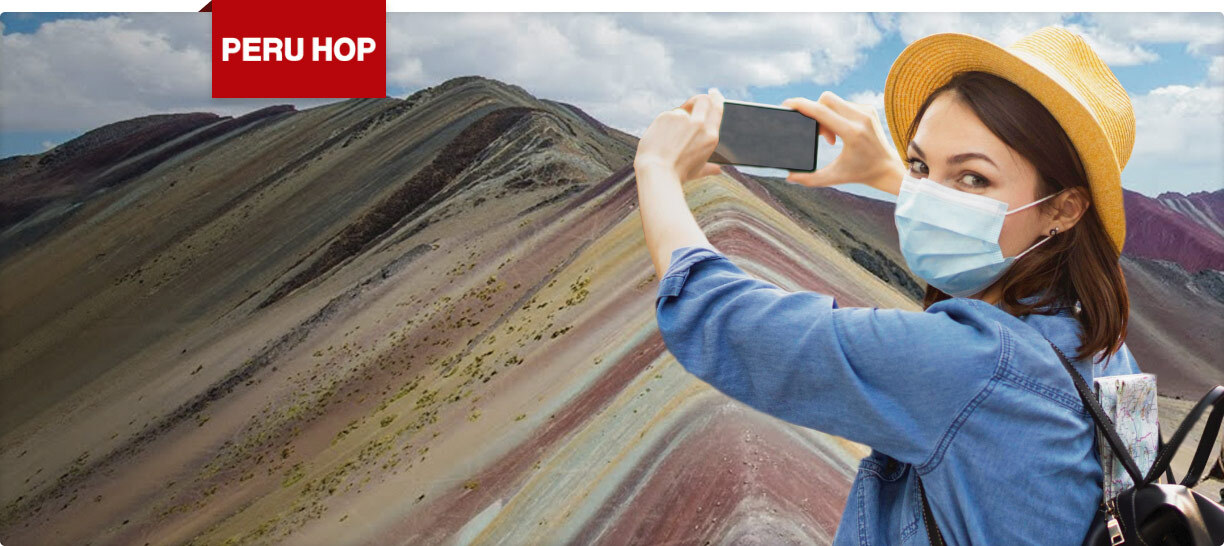
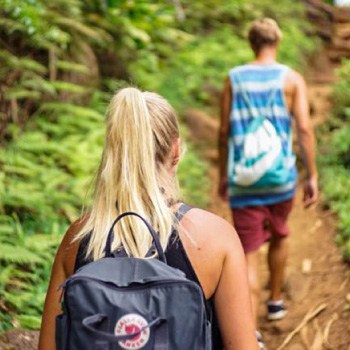
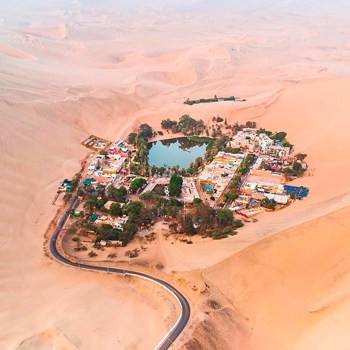
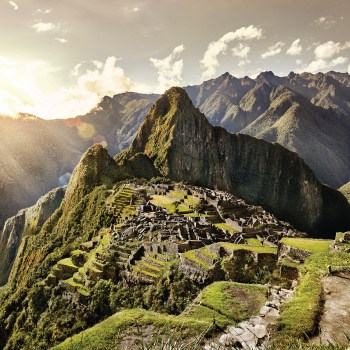
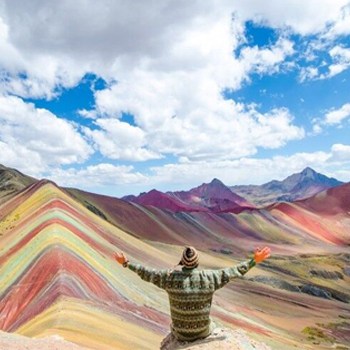


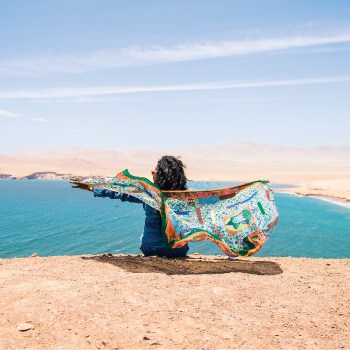
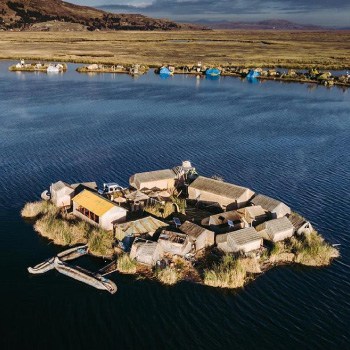
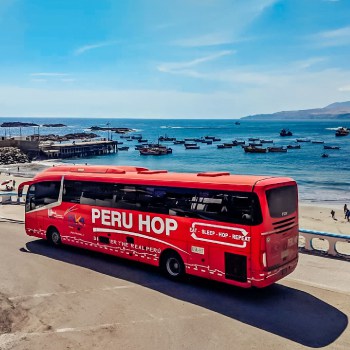
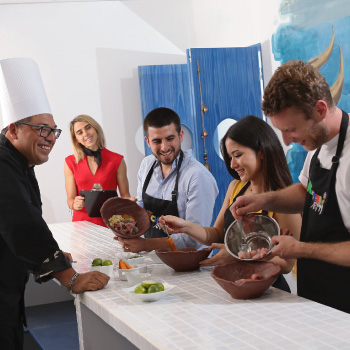
22 comments for “How Safe is Tap Water in Peru?”